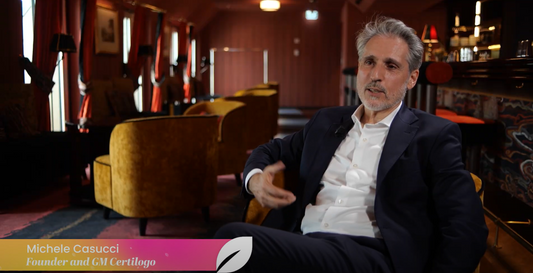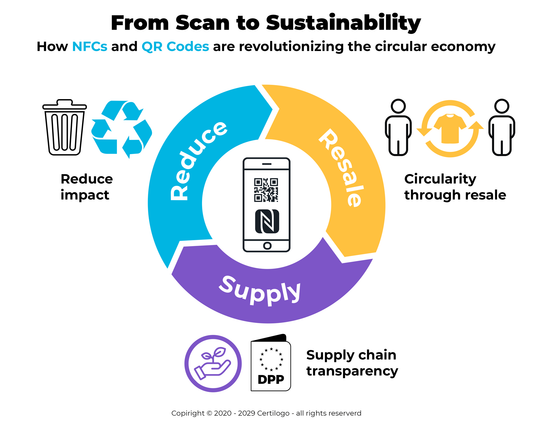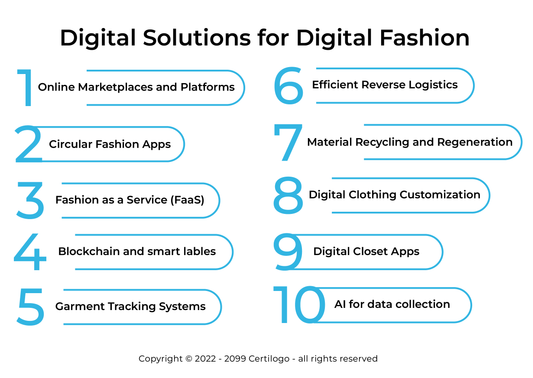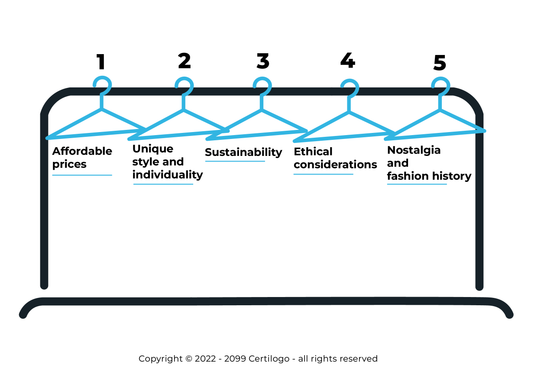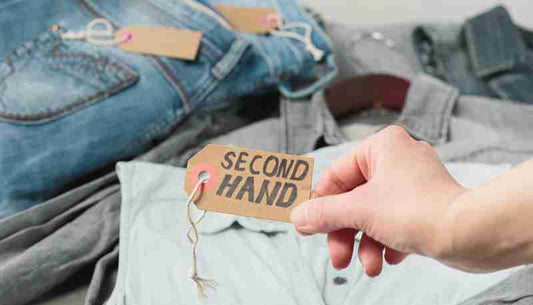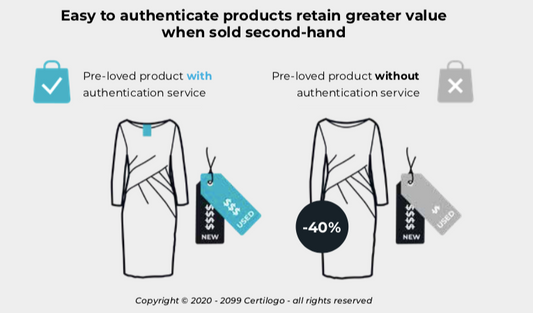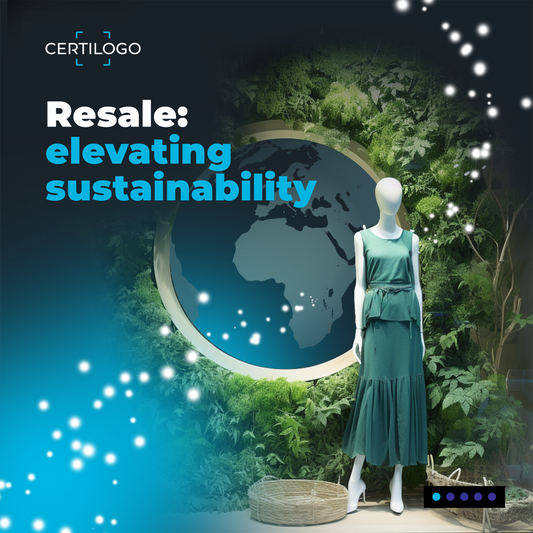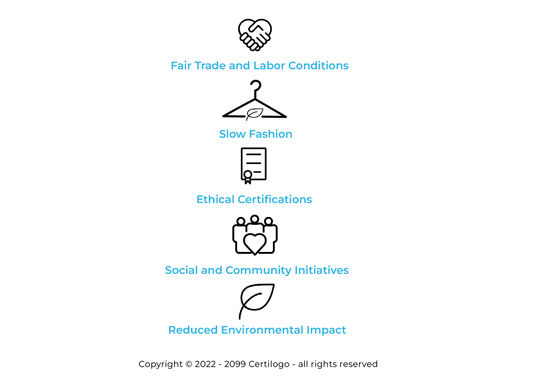Certilogo Shines on Class TV Moda's "Green Revolution"
Ready to activate resale?
From scan to sustainability
10 digital solutions that are facilitating circular fashion
The different types of second-hand shopper
Circular solutions: maximising streetwear value across lifecycle
Products with authentication are worth more
Resale: Top 10 benefits for brands
5 ways resale elevates sustainability
Interest in ethical clothing is growing, is your brand keeping up?


